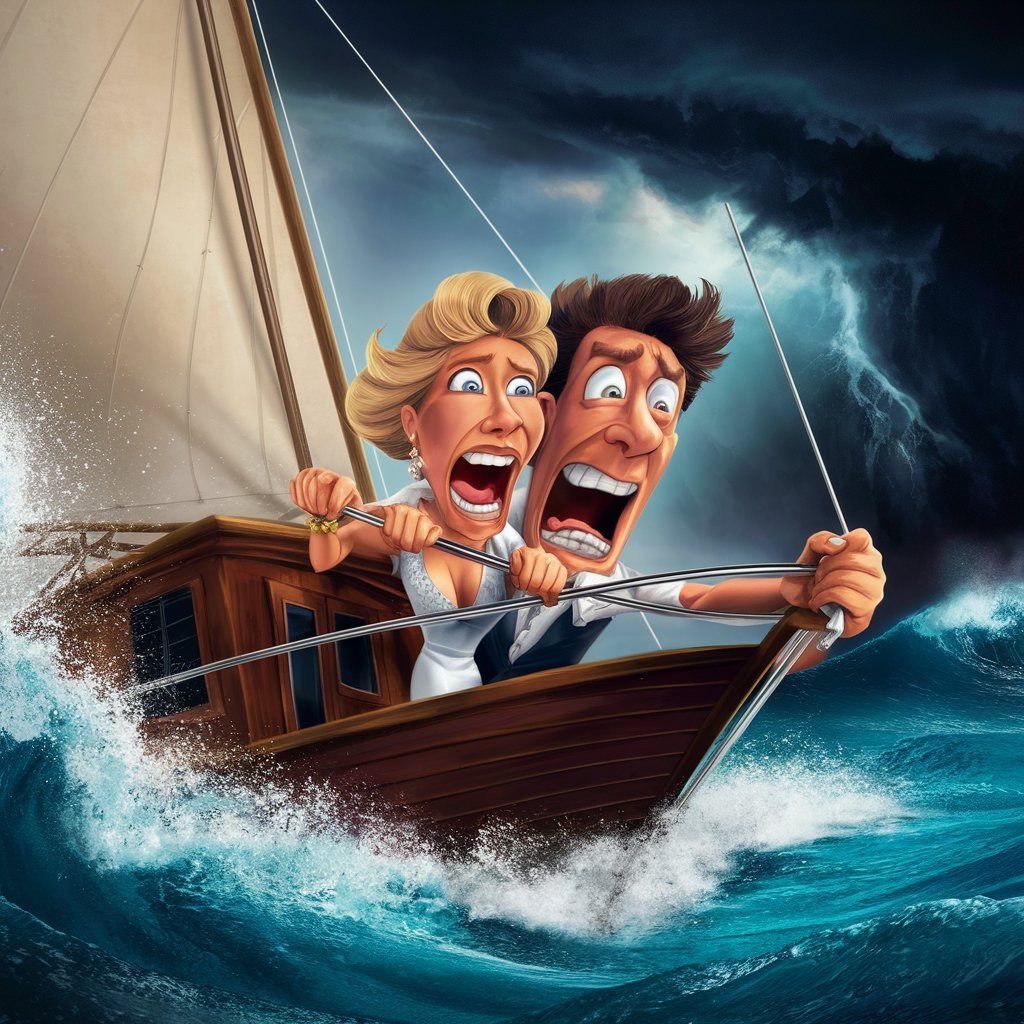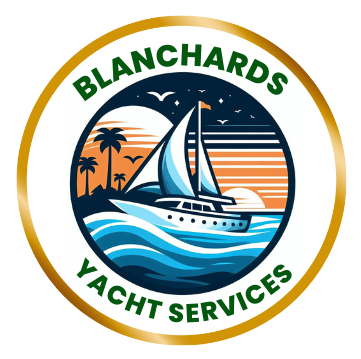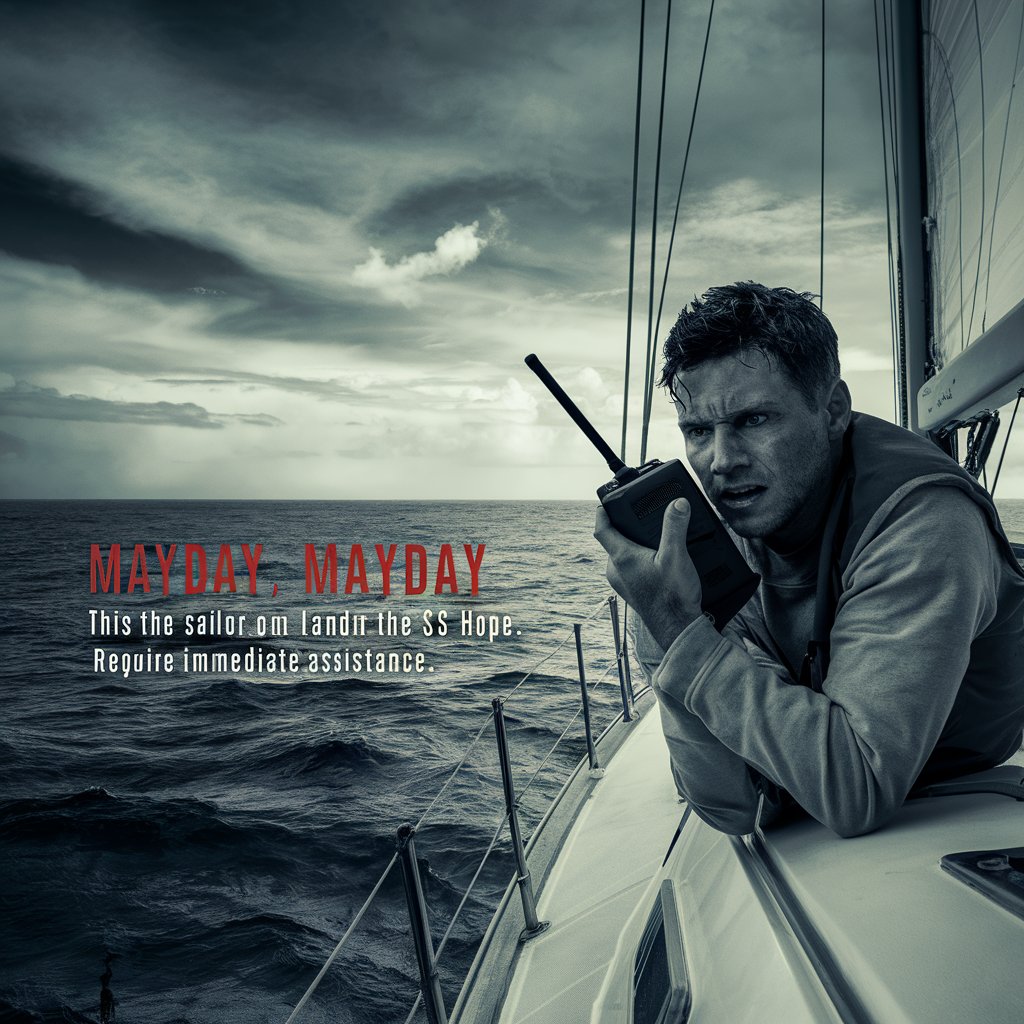Navigating the open waters can be exhilarating, but it also comes with its risks. Finding yourself lost at sea can be a daunting and potentially life-threatening experience. However, with the right knowledge, Training and preparation, you can increase your chances of survival. In this post, we’ll explore essential tips for managing being lost at sea.
There are some strategies that could save your life if you find yourself lost at sea. This isn’t about fearmongering; it’s about being prepared for the worst while hoping for the best. Foremost, it cannot be overstated the criticality of acquiring survival skills well before embarking on any maritime journey. Whether you’re a novice or a veteran seafarer, the unpredictable nature of the ocean demands a profound understanding of survival techniques.

The vast expanses of open water can swiftly transform from serene to treacherous, testing even the most experienced sailors. Being equipped with survival skills not only enhances your chances of weathering unexpected challenges but also instills confidence in your ability to navigate safely. From Inclement Weather to mechanical failures, emergencies at sea require quick thinking and decisive action. Proper preparation, including mastering survival skills, is the cornerstone of ensuring a safe return to shore. We should all endeavor to Master Survival Skills in every aspect of Life, but for a seafarer this is increasingly prudent.
To ensure preparedness before setting sail, consider the following essential measures:
- Familiarize yourself with maritime safety protocols and regulations.
- Equip your vessel with necessary safety gear, including life jackets, flares, and emergency communication devices.
- Invest time in honing navigation skills, including chart reading and GPS usage.
- Create a detailed emergency plan, outlining procedures for various scenarios such as medical emergencies or vessel damage.
- Undergo formal training or workshops on survival techniques specific to maritime environments, such as sea survival courses or first aid at sea training.
By prioritizing preparedness and acquiring vital survival skills beforehand, you not only enhance your own safety but also contribute to the overall security of your crew and vessel while navigating the unpredictable waters.
Also very important is keeping your wits about you. Being calm isn’t just good advice; it’s a survival tactic. When panic sets in, it clouds judgment and compromises your decision-making. Your brain is your most valuable tool out here, so you need to protect its clarity.
Now, what if your GPS and high-tech gadgets fail you? You revert to the basics. Old-school navigation using celestial bodies, like the sun and stars, can be lifesavers. It’s wise to familiarize yourself with these methods before setting sail, just in case.
How you manage your resources can significantly impact your situation. You need to ration your onboard food and water and be judicious with fuel consumption. In a situation where help may be days away, or you have to reach safety by your own means, conservation is key.
Here’s something you might not think about: establishing a routine. It gives structure to your days and can keep spirits up. Assign lookout shifts, navigation checks, and equipment maintenance to others on the boat with you. This not only keeps everyone occupied but also ensures all critical survival tasks are being covered regularly.
Calling for Rescue: Maximizing Chances of Being Found
Your first attempt doesn’t need to be your last when signaling for help. Technology is your ally here, with devices like a VHF radio or satellite phone being first on the list. When using these devices, clarity and precision matter. That’s going to include providing your exact coordinates and a concise summary of your situation. Broadcast regularly, but also monitor for responses; communication is a two-way street.
If you are fortunate enough to see an indication of land over the horizon, staying connected is crucial. You might also have a phone which can be your lifeline, keeping you in touch with other sailors or the relevant coast guard to come to your rescue should other forms of communication fail you. A reliable phone can also aid you in accessing important weather updates, and other important information you may need.
When it comes to power banks suitable for boats, especially in emergency situations such as being lost at sea, durability, reliability, and capacity are crucial factors to consider. Before embarking on any boating excursion, it’s crucial to ensure you have a Reliable Power Bank on board to provide a lifeline in case of emergencies, ensuring you stay connected, and all your devices are powered up even when far from shore. You may also choose to have a Backup Generator that ensures essential systems like navigation and communication can continue functioning even in the event of a power failure, providing crucial support during emergencies at sea.
During daytime, visibility is your best asset. Don’t underestimate visual signals; they can catch a rescuer’s eye from miles away. Think flares, brightly colored flags, or even a mirror reflecting sunlight. And here’s an insider tip: creating large visual signals, like outlines or SOS on the deck, could turn out to be a game-changer.

Now, embracing old-school skills like reading cloud patterns or understanding wind shifts could save your skin. Weather Savvy helps you anticipate challenges and make essential survival decisions. Your job isn’t just to survive; it’s also to stay one step ahead of the weather.
Preparing for emergencies isn’t about fearing the worst; it’s about being equipped for it. This means a well-stocked first aid kit, reliable life jackets, and a clear understanding of safety protocols. In my opinion, familiarizing yourself with these could mean the difference between danger and deliverance.
Finally, think like a beacon. Light up your life—and your boat—when night falls. Use boat lights, strobes, or any illumination device to cut through the darkness. Reflective materials and high-contrast colors come in handy during daylight hours. Choose something that resonates with utter visibility because in the vast sea, being seen is being saved.
To wrap it up, being lost at sea demands a blend of technology use, visual savvy, weather knowledge, emergency preparedness, and ceaseless visibility. It’s a full-on effort to ensure you’re not just a needle in the vast ocean haystack. Stay vigilantly signaling, keep your survival wits sharp, and always remember: your resolution to be found shapes the outcome. May your compass of hope guide rescuers straight to you.
**Our Website contains affiliate links. This means if you click and make a purchase, we may receive a small commission. Don’t worry, there is no extra cost to you. Its a simply way you can support our mission to bring you quality content**.
Explore BlueTT products to learn why energy independence Starts Here


Coming from a country of many islands, I travelled to places by boat or ship, only occasionally on small yachts.
I have travelled on rough seas, got stranded on an island for 3 days because of a storm.
My family has lost 2 uncles who were the captain and marine engineer of their ship. Two friends were also lost, while travelling after a storm when their boat capsized.
Thus, it is really important to be always ready for storms , rough seas, strong winds and big waves when travelling with your yacht, or any boat for that matter.
Careful planning and making sure that you have all the safety equipment ready before sailing is a must.
Marita
Hello Marita
It sounds like you’ve had some intense experiences at sea, navigating both the beauty and the risks of maritime travel. Your encounters emphasize the critical importance of preparedness and safety when sailing, especially in unpredictable conditions like storms, rough seas, and strong winds. Careful planning and ensuring that safety equipment is readily available are indeed essential practices for anyone traveling by yacht or boat.
I am happy you found my content useful.
Your post on essential tips for boaters lost at sea was packed with practical advice. It really emphasized the importance of preparation and staying calm. Your breakdown of survival skills and resource management is super helpful.
One thing I’m curious about, though, is how to handle specific medical emergencies while lost at sea. Do you have any tips or protocols for dealing with injuries or illnesses when you’re far from professional medical help? Looking forward to your insights!
Hello Rae
I’m glad you found the tips helpful! Dealing with medical emergencies at sea requires a proactive approach. Firstly, ensure your onboard first aid kit is well-stocked and includes medications for common ailments like seasickness. Familiarize yourself with basic first aid procedures, such as treating wounds and stabilizing fractures. For more serious situations, like chest pain or severe injuries, maintaining communication with emergency services via radio is crucial. Consider taking a basic maritime medical course to enhance your readiness.
Hello Troy,
I recently had the pleasure of reading your article, “Essential Tips: Boaters Lost at Sea,” and I must say, I was thoroughly impressed. Your piece is not only highly informative but also incredibly engaging, which is no small feat when discussing such a serious topic.
Your emphasis on preparation and survival skills is spot-on. The way you stress the importance of mastering these skills before even setting sail reminds me of the timeless wisdom of preparing for the worst while hoping for the best. This isn’t about instilling fear; it’s about empowering boaters with the knowledge they need to face the unpredictable nature of the ocean.
I particularly appreciated your breakdown of essential survival tips. From the importance of maritime safety protocols and emergency gear to the value of old-school navigation methods, your advice is both practical and actionable. Your suggestion to establish a routine and maintain a clear head during crises is invaluable—panic can indeed be the greatest enemy in such situations.
Your insights into resource management and the use of visual signals during the day and night are crucial takeaways. The idea of using everything from flares to reflective materials to catch a rescuer’s eye demonstrates a keen understanding of what it takes to enhance visibility at sea.
Moreover, the blend of modern technology with traditional skills, such as reading cloud patterns and understanding wind shifts, adds depth to your article. This holistic approach is what sets your piece apart, making it a must-read for both novice and experienced sailors.
In conclusion, your article is a beacon of knowledge for anyone venturing into the open waters. It’s a comprehensive guide that balances technical advice with practical wisdom, ensuring readers are well-prepared for any maritime mishap. Thank you for sharing such a valuable resource—it’s bound to make a significant impact on the boating community.
Keep up the fantastic work, Troy. Your efforts in promoting safety at sea are truly commendable.
Best regards,
Eric
Hey Eric
Thank you so much for your thoughtful and encouraging feedback on my article. I’m delighted to hear that you found it both informative and engaging. Your recognition of the importance of preparation and survival skills resonates deeply with me—I aimed to empower boaters with practical knowledge while emphasizing the importance of readiness without inducing unnecessary fear.
Once again, I’m thrilled that you found the article valuable and believe it will make a positive impact in the boating community.
Thanks Eric